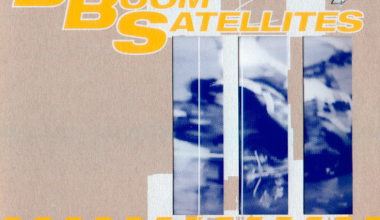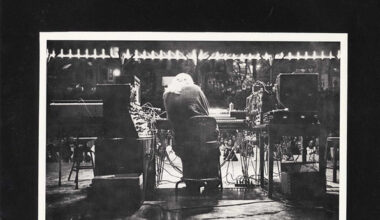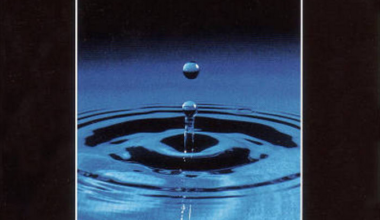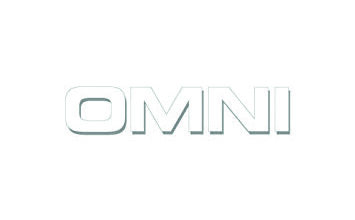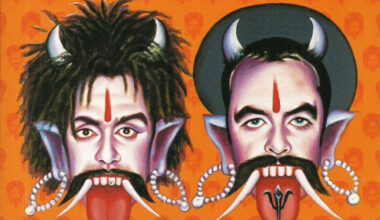It’s the 90s and New York techno duo Morph have slipped out their ‘Stormwatch’ album almost unnoticed. Very much time for a reassessment we think

Are you an early 90s electronic music geek? Here’s a marker pen. Draw a line across the decade that avoids the mainstream. No, you can’t use a ruler.
Maybe you scrawled a path though the warehouse grump of Autechre, Richard H Kirk’s celestial dalliance with Warp, Sun Electric’s thoughtful techno, or the shuddering energy of a nascent CJ Bolland. Well done. Now give me back my marker pen.
What you perhaps missed, and let me circle it for you, was a collaboration between Damon Wild and Dennis Ferrer. Wild had carved his name on New York’s house scene and Ferrer, now a Grammy-nominated Dido remixer, was fluent in the language of hip hop. Both were techno lovers, but their outsider perspective made ‘Stormwatch’, their 1994 album under the name Morph, sound like it had travelled a wilderness blistered from strange weather.
The early 90s was a screaming cavalcade of novelty dance hits – 2 Unlimited, Doop, Scatman flipping John. No wonder true clubbing fans preferred their producers dour and miserablist. That extended to the sleeve artwork too. I wasn’t the most educated record buyer back then. I discovered Sabres Of Paradise because I loved the graffiti cover of ‘Theme’, not necessarily because I was aware of Andrew Weatherall’s genius.
The wilfully anonymous ‘Stormwatch’ cover, scaffolding mirrored into quadrants, spoke of its industrial trance and cold, geometric transmissions. I could hear the music inside the sleeve just from looking at the design. I skipped the needle from track to track in Manchester’s Piccadilly Records to hear shades of Orbital and all the portent and grandeur I’d come to expect from Autechre. This acidic techno was nasty, but oozing with emotion. Listen to ‘Our Future’, its rattling snares a bold swell of energy, anger and hope.
I thought I had spotted the next big thing in techno, but the sands of time have obscured the significance of ‘Stormwatch’. In the US, the album launched Damon Wild’s Synewave Records, which went on to release material from the likes of Joey Beltram, Jeff Mills and The Advent. But in the UK, where they were signed to New Electronica, Morph changed very little, maybe because the electronic scene was already several steps ahead. Certainly, the band’s UK labelmates Scanner and As One are more likely to stick in an ageing technohead’s mind.
If you feel like an outsider, though, here’s an album that demands to be heard. Underline this in bold marker pen strokes: Morph’s ‘Stormwatch’ is a true classic worthy of any modern playlist.
